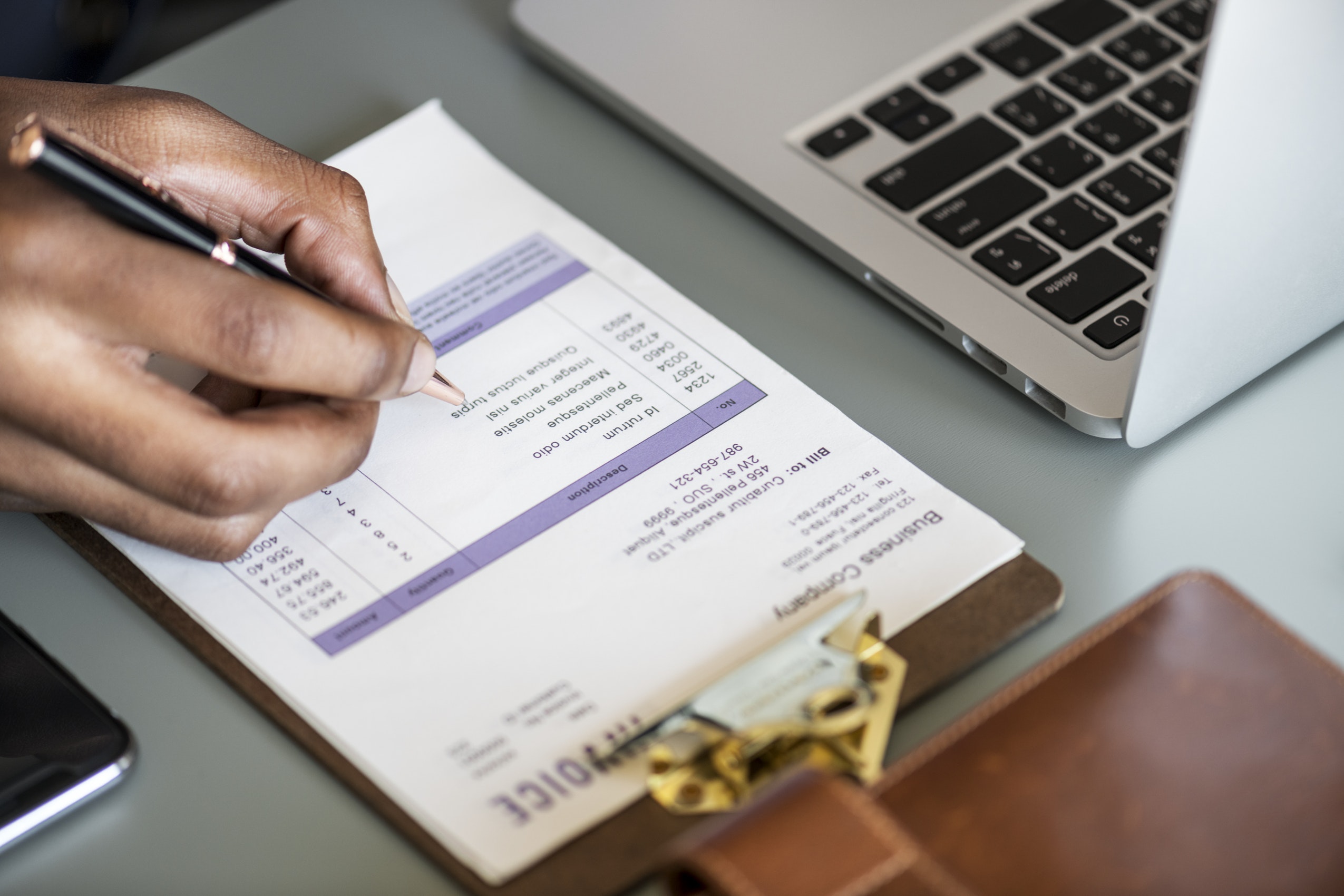Not only is it awkward when a client delays payment, but it also interrupts your cash flow. This can have a serious effect on your business, whether you’re a large, established business or a small startup.
But, how do you encourage your customers to promptly cough up the cash you’re owed, without feeling rude?
We’ve rounded up our best tips to help you best deal with late-paying clients below.
Invoice consistently and quickly.
When you work for yourself, time is tight – we get it. Often, we fall into the trap of prioritising our client work over business admin.
However, the longer you put off invoicing, the longer it will take for you to get paid. And, not only because of the obvious reasons. If invoicing is at the bottom of your to-do list, it sends out a subtle message to your customer that you’re in no hurry for the money and that they don’t have to rush to pay you.
Invoice whilst the work is still fresh in your mind, as well as in theirs.
Meanwhile, if you are on a regular retainer with a client, invoice them at a similar time each month or week, depending on your agreement. You can achieve this by setting reminders or taking advantage of automation features on digital accounting software, such as QuickBooks, FreeAgent and Xero.
Set out your payment terms from the start.
Your payment terms should be outlined towards the very beginning of your relationship with any client. A lot of self-employed folks are concerned about the mention of money too early on, and we understand that – no one wants to sound money hungry. Despite this, we need to bite the bullet and be firm with our terms and conditions at the same time as when we agree on a price.
You can then remind them of the payment terms politely at the bottom of each invoice.
If you really feel that guilty for reinforcing your terms, you could offer an incentivising discount for early birds.
Make it easy for them to pay.
Providing as many payment options as possible means that clients have little room for excuses when it comes to paying on time. Nowadays, there are so many quick, secure and reliable ways of transferring cash to people, including PayPal, GoCardless and Stripe.
At the very least, be sure to include your bank details at the end of each invoice, so that businesses can set you up as a supplier, or transfer you the cash manually.
Above all, do not feel awkward about chasing payments.
If your client still hasn’t paid, it’s definitely worth having a word with them. This can be either over the phone or via email, depending on how confident you feel.
At the end of the day, they are also human and should appreciate that you need paying for the work you have provided them.
In our experience, customers who pay late don’t always mean to – it has usually slipped their minds.
However, if your client is still refusing to pay despite the invoice being overdue, you may need to take further action.
Remember, you deserve to be paid the amount agreed for the work you have carried out. You are not being rude by asking someone to pay on time – they are being rude if they delay or put off paying you.

